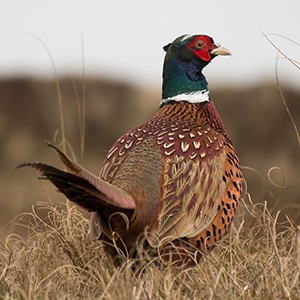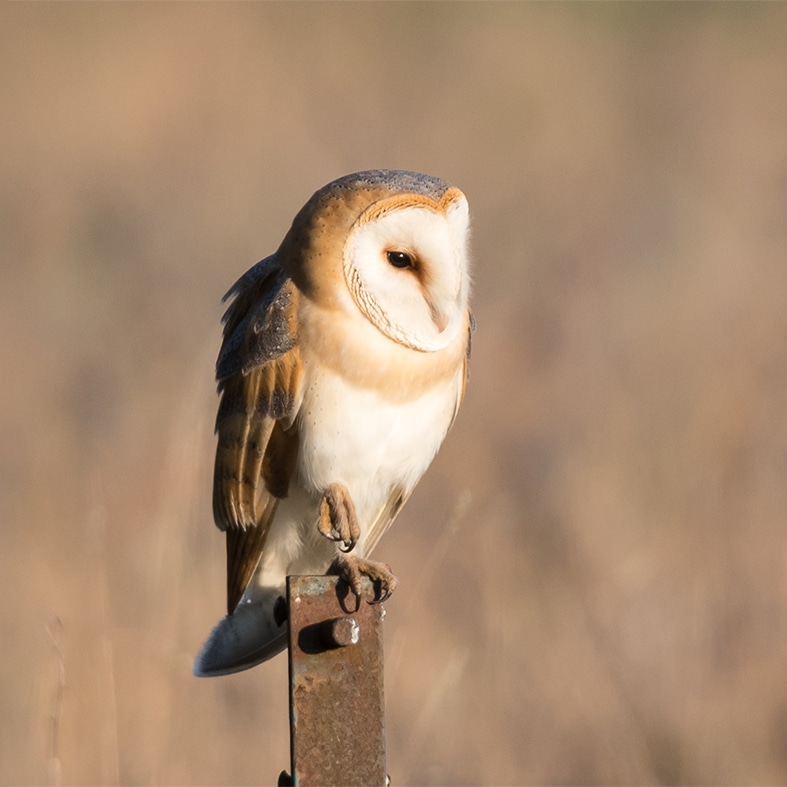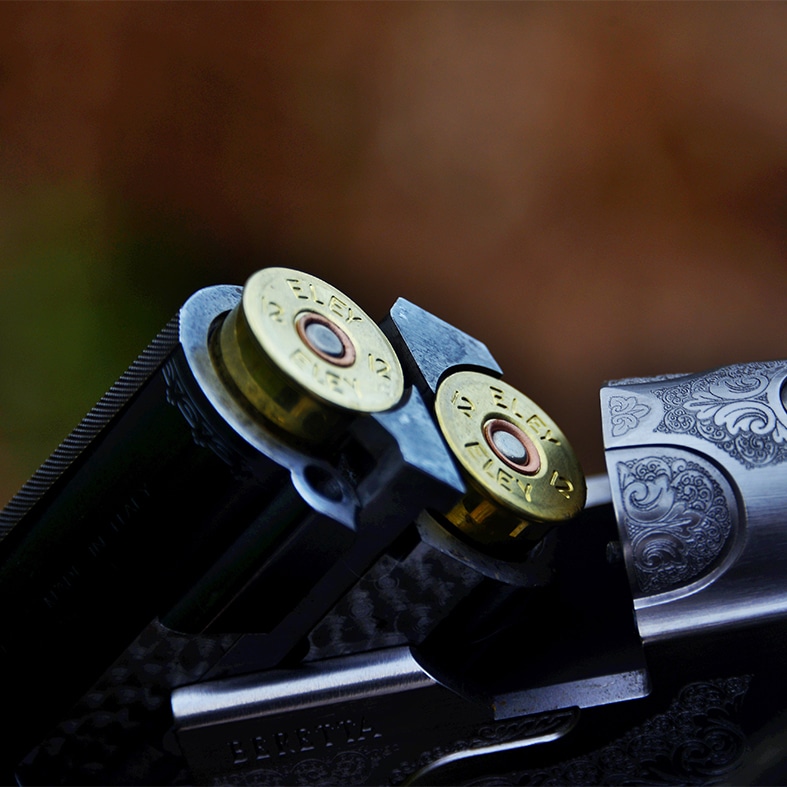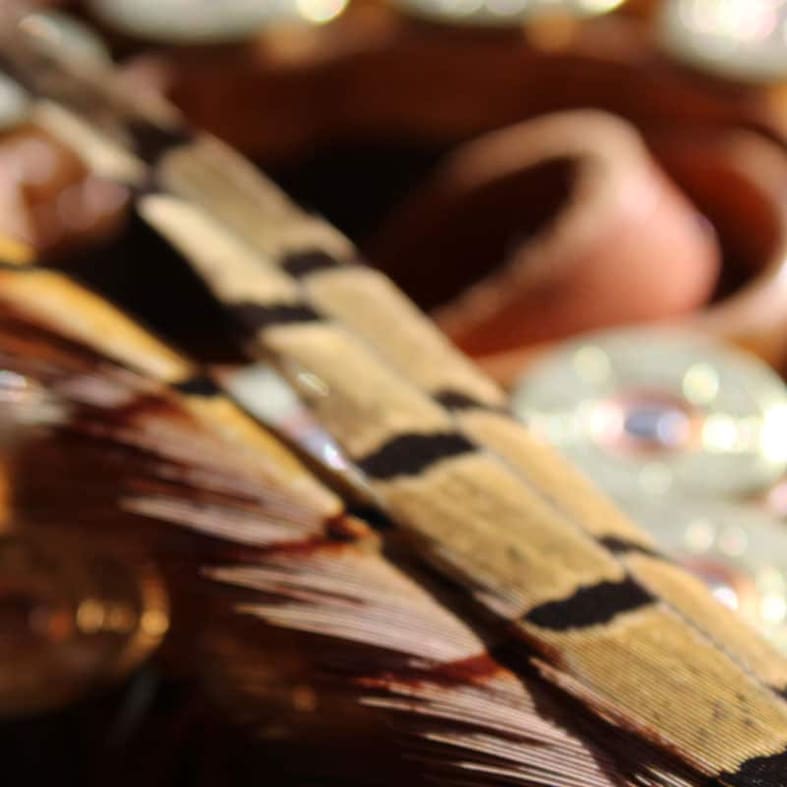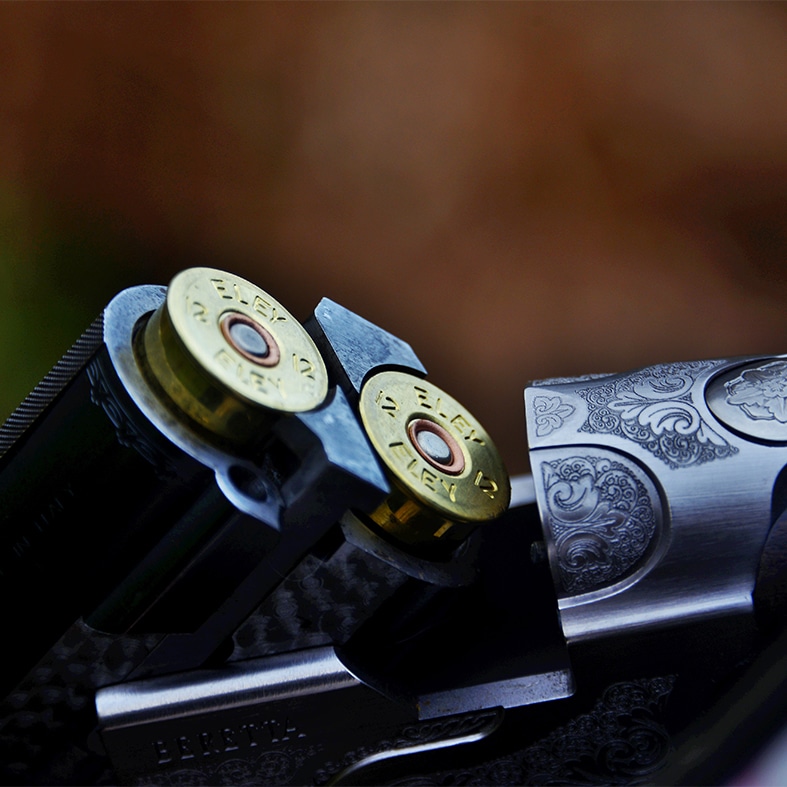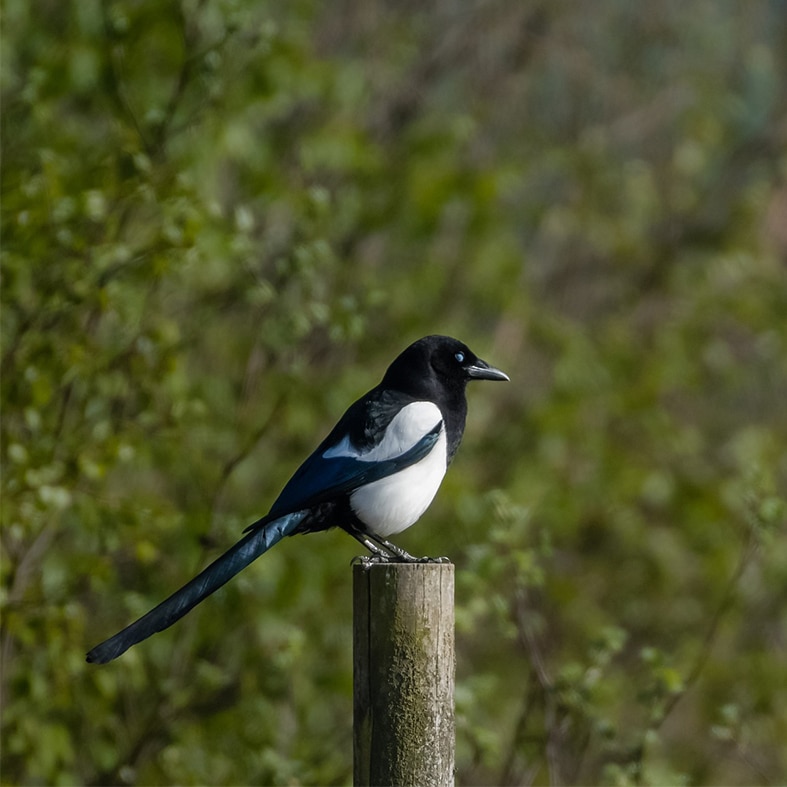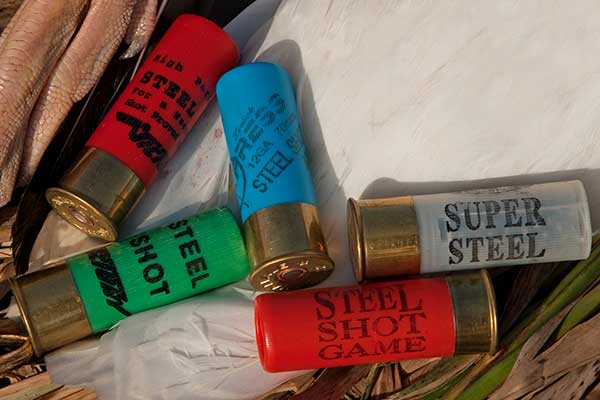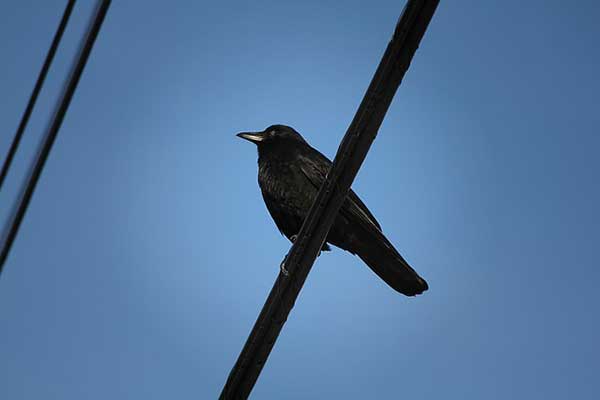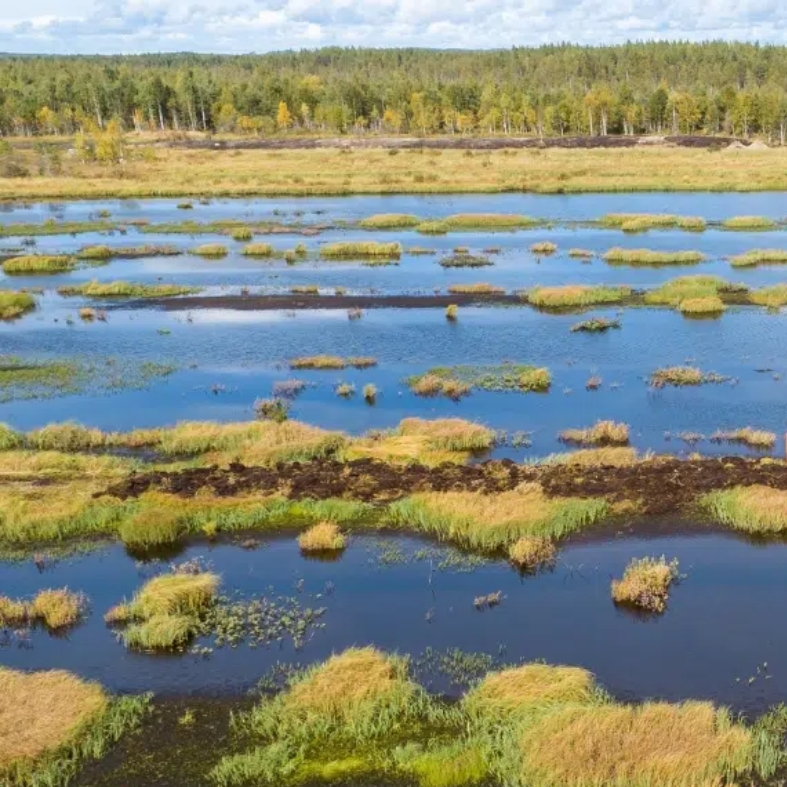

- - Features
- - Features
Celebrating wetlands and wildfowl
Sunday 2 February is World Wetlands Day, an annual event dedicated to celebrating this unique habitat.
The importance of wildfowlers' work
Wildfowlers are responsible for more than 250,000 acres of land across the UK, managing vital wildfowl habitat and ensuring migratory birds continue to have access to important stopover points on their journeys.
In the UK alone, wildfowlers deliver over 600,000 days of conservation work annually and have invested well over £3 million in securing areas of coastal wetlands to prevent their decline. This land managed by coastal wildfowlers is especially important, as around 90 per cent of it is located within Sites of Special Scientific Interest (SSSI).
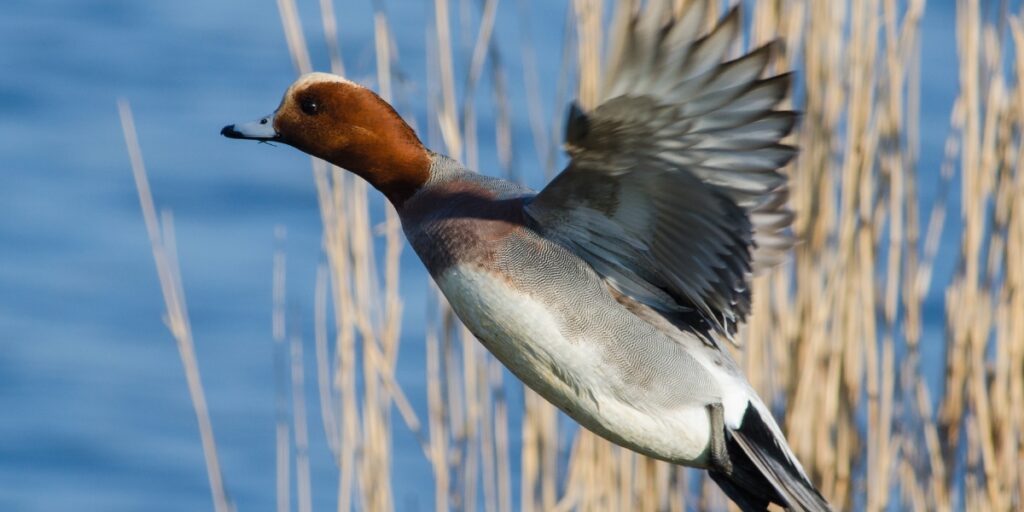
Supporting wildfowl research and conservation
BASC, and the BASC Wildlife Fund (BWF), support several projects which set out to restore and conserve wetlands and help us understand wildfowl better. Here is a snapshot of what we do to help our wetlands and wildfowl flourish.
Duck nest monitoring project
In partnership with The Waterfowlers’ Network, we participate in a citizen science project dedicated to the conservation of mallard ducks. Our aim is to encourage BASC members to constructs and monitor artificial nesting structures – raised nesting tubes or boxes – to improve hatching success. Since 2021 to 2023, nearly 550 nesting tubes have been installed. You can read more about this on our duck nest monitoring project page.
Rice breast disease monitoring
Sarcocystosis is a parasitic disease which affects various species of wildfowl, causing weakness which can result in low survival and reproductive rates. We ask everyone who shoots wildfowl to report cases to help us understand how widespread the disease is in our country.

BASC Wing Survey
This project has been running since 1965 and so far, more than 46,000 wings have been submitted by our members. the wing survey helps us monitor the long-term population trends of wildfowl and waders, focusing especially on woodcock, wigeon and pink-footed geese – read more about it here.
Curlew conservation
We actively support various curlew conservation partnerships in the UK. You can find out how you can help on our dedicated webpage.
Project Penelope
This Waterfowlers’ Network‘s project is supported by BWF. Its aim is to monitor the population of the Eurasian wigeon across its migratory flyway. We ask wildfowlers to report any ringed birds they come across – read more here.
Saving our wetlands
As the loss and degradation of natural habitats of wildfowl threaten their future, the BASC Wildlife Fund supports several national and international projects aim to buck this trend. Below are some of the projects supported by the fund which specifically benefit wetland habitats and wildfowl.
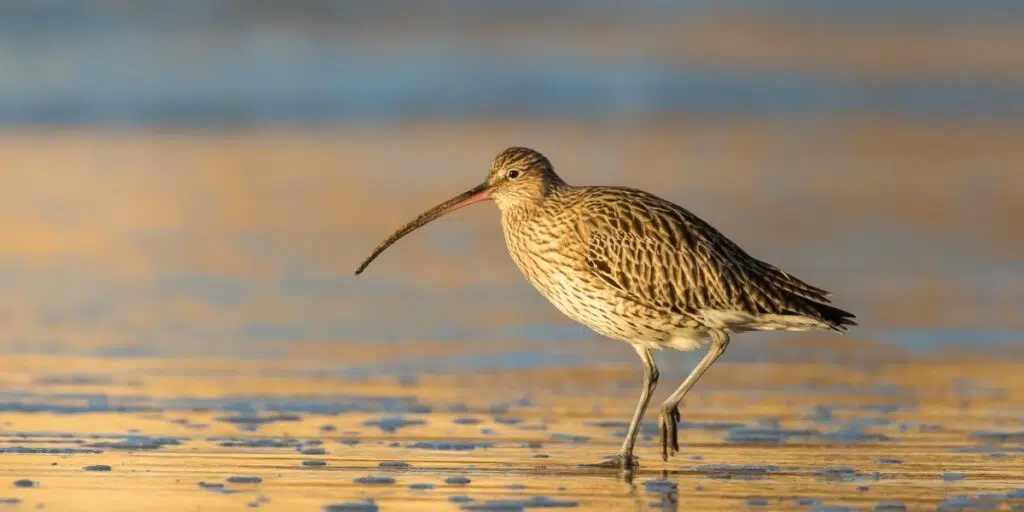
Whittlesey Wildfowlers and Conservationists' wetland management
This is the biggest project supported by BWF to date. Whittlesey Wildfowlers and Conservationists (WWC) were awarded a £150,000 loan in September 2024 for 81 acres of marshland at Middleholm Wash in Cambridgeshire. This loan covers half of the purchase price of the land.
The marshland sits within an SSSI and WWC plans to maintain the existing management plan which is mainly done by grazing of cattle and hay production. The land also floods periodically in winter, so the club hopes to further enhance the conservation of breeding and migratory wildfowl and waders. Together with BWF, WWC is currently working on creating a robust management plan which will support this initiative.
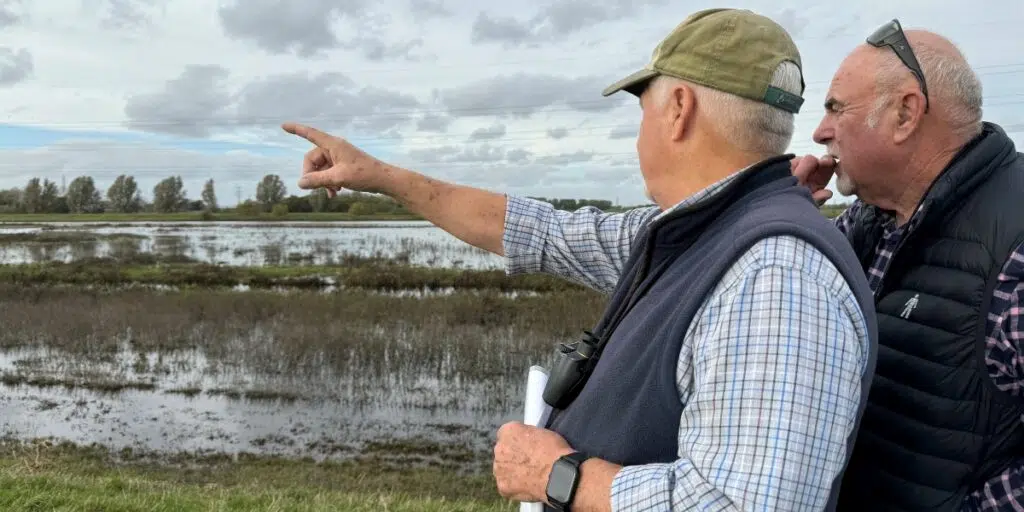
WWCA wetland preservation
In early 2024, a loan of £35,000 was given to the Wentloog Wildfowling and Conservation Association (WWCA). The association purchased 932 acres of foreshore which comprises intertidal flats important for wetland and migratory wildfowl. Supported by BASC and BWF, WWCA have already begun their work to protect and preserve this habitat.
Boa Island project
Lough Erne Wildfowling Council was awarded £25,000 for a project running from 2020-24. It aims to increase breeding success of waders in Northern Ireland. The grant enabled important habitat improvement, including sward management and scrub clearance, as well as predator control, education of stakeholders and annual monitoring of breeding waders.
Wetlands at Poulton Court
Gloucestershire Wildfowling and Conservation Association was granted £23,913 to create a wetland habitat. It will include ponds and scrapes for breeding and overwintering waterfowl on the Severn Estuary.
SOTKA wetlands project – Finland
In 2023, the SOTKA wetlands project was awarded a grant of €45,000 for restoration and creation of three wetland sites on 47 hectares in Finland. This will benefit local wildlife and several wildfowl species which migrate to the UK each year.
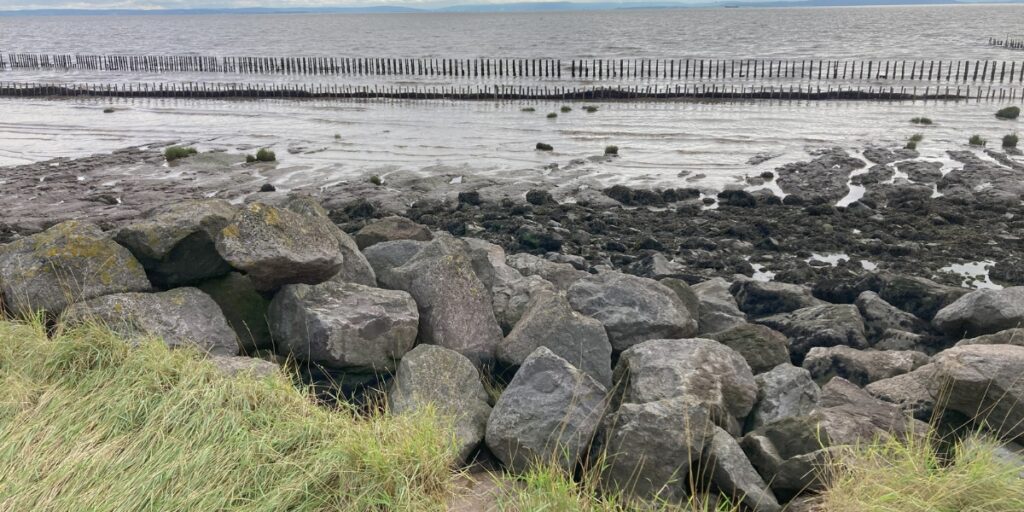
Habitat creation at Hutton Marsh
Preston and District Wildfowling Association secured a grant of £21,288. This funding assisted with habitat creation and improvement for birds, water voles, otters, as well as overwintering wildfowl.
Wetland creation on the Humber
Barton-on-Humber Wildfowlers were awarded a grant of £35,790 for wetland creation over 28 acres. The project produced new wetland and ponds on existing grasslands, which enhanced the club’s wetland purchased in the past.
The curlew crisis
The BWF awarded a grant of £75,000 to Wildfowl and Wetlands Trust (WWT) for its Combatting the Curlew Crisis project. This grant was used to fund habitat improvement and breeding recovery of the species in the Severn and Avon vales.
Project Penelope
The Waterfowlers’ Network received a grant of £50,170 to support this project which tracked Eurasian wigeon through their annual migration. The project ran from 2021-24 and some 4,000 birds were ringed during this time to help better understand the movement of this species.
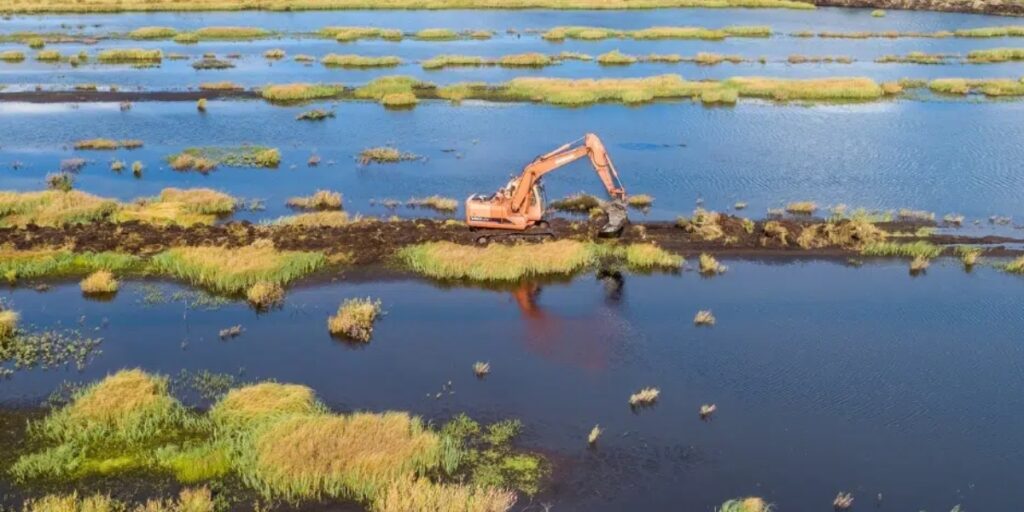
How you can get involved
The BASC Wildlife Fund aims to do more to deliver for the environment, enable nature recovery and invest in science and evidence to inform future decision-making. However, we can only do this with your support. Help us by making a donation online here, or by purchasing our latest habitat stamp or artwork here.
Or what about becoming a member of one of the many BASC-affiliated wildfowling clubs? A list of clubs is available in our permit booklet or online here. Here you’ll find some incredible opportunities to try wildfowling, or visit somewhere new.
And why not join us at the BASC National Wildfowling Conference on 29 March at Crowne Plaza, Birmingham NEC. Full details and information on how to purchase tickets are available here.
Share

Marta Jacyna
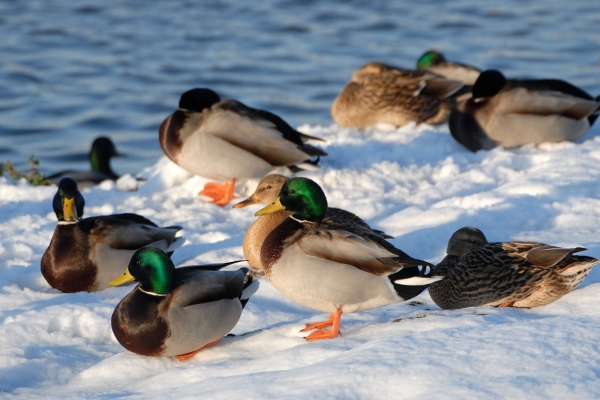
Call for voluntary restraint for shooting of waterfowl in Scotland due to severe weather
Due to the widespread severe weather, BASC is calling for people who shoot in Scotland to exercise restraint, wherever it is needed, in the shooting of ducks, geese and waders, including reared mallard.
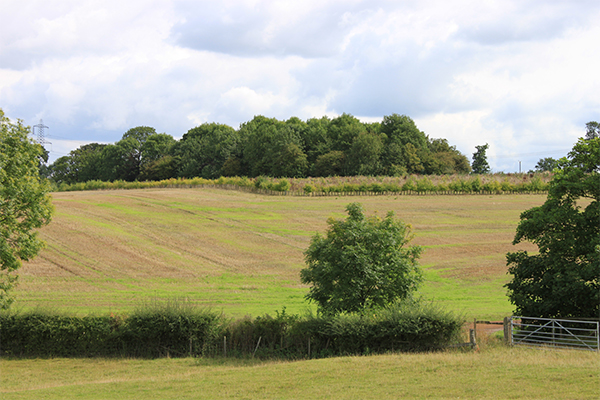
Government review reinforces essential role of shooting in nature recovery
The Environmental Improvement Plan review provides a timely opportunity to underline the vital contribution shooting makes to national nature recovery ambitions.
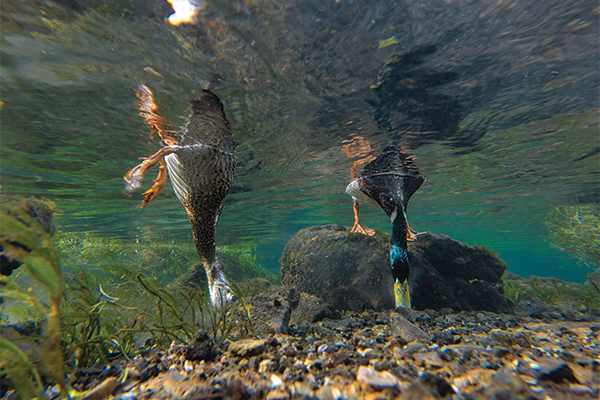
Unsung heroes of fowling
Like ducks on water, wildfowling club committees paddle furiously
beneath the calm surface, as Chris Wright explains.
